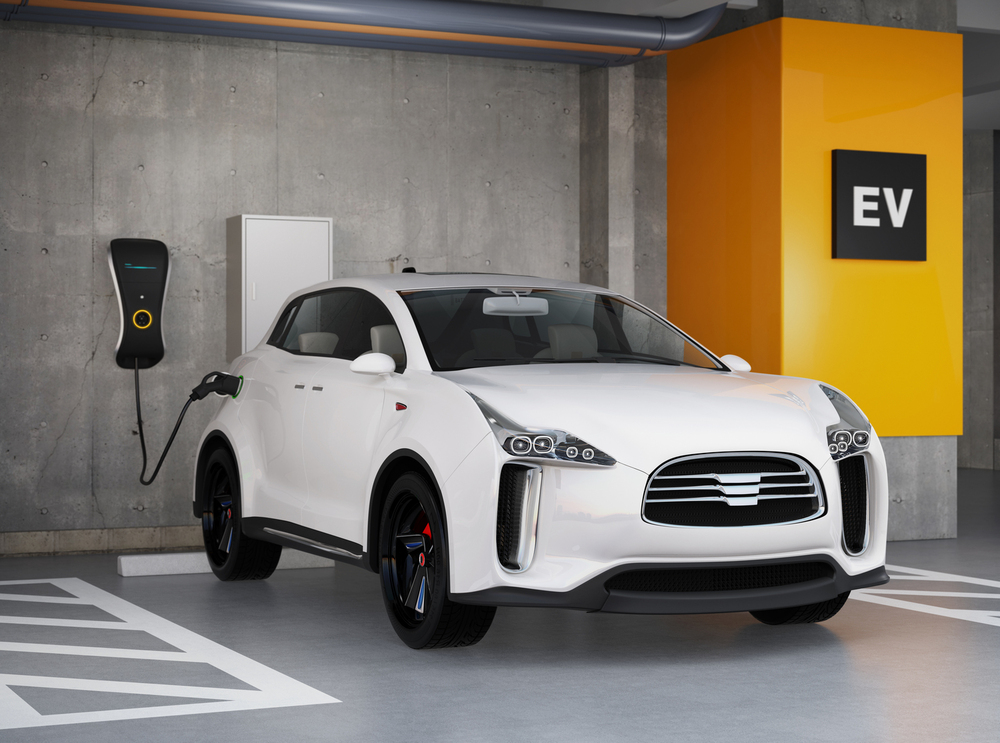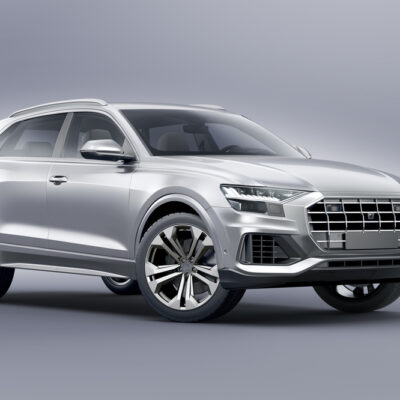
5 Tips for Choosing Between Hybrid and Electric Cars
With advancements in the world of technology, fuel-powered cars are becoming dormant, and hybrid and electric vehicles are gaining popularity. They are becoming a leading choice since they boost a vehicle’s efficiency, and a growing number of manufacturers are building their base in the hybrid and electric cars segment.
Here are some tips to help you choose between hybrid and electric cars when you’ve to make the decision:
1. Efficiency
Since electric cars run only on electricity, they do not have a backup for fuel. So, they are more efficient and leave behind a zero-carbon print. On the other hand, the batteries in a hybrid vehicle have high voltage, which is dangerous in the case of an accident, as it increases the risk of electrocution of the riders.
2. Environment-friendliness
An electric car does not need gas as it functions entirely on electricity. However, a hybrid vehicle uses relatively less fuel compared to an entirely fuel-powered car, making it comparatively more eco-friendly.
3. Replacements and maintenance
An electric vehicle does not need repairs or maintenance like an oil change. At the same time, these cars require an additional set of equipment like charging cable. Also, you may often need to replace such items in a span of 3-5 years. Maintaining a hybrid car can be equally challenging since it is relatively new to the block. As a result, only an experienced mechanic may be able to help you with any issues you face with the vehicle.
4. Cost
Even though electric cars are new on the block, governments are seriously pushing people to buy them. This is why it is highly possible that purchasing an electric vehicle will get you a good rebate on the final cost. Although such incentives are also available on hybrid cars, the presence of two engines and more equipment results in you having to shell out a lot more to own a hybrid car. Often, a hybrid car’s cost comes out to be far more than that of an electric vehicle.
5. Ease of use
Although you may end up saving on the fuel costs with an electric vehicle, there is always the downside of charging the vehicle, and the availability of charging points on the go is a crucial point to consider. Most electric cars take up to a complete 12 hours to charge, which is a long time if you like to go out for occasional rides at any hour of the day. With a hybrid vehicle, you cannot expect to race it down the road because it will cause a severe dip in the fuel-efficiency. Also, they do not offer an acceleration level as high as an electric vehicle.
These tips can help you choose between hybrid and electric cars if you’re planning to buy one.


